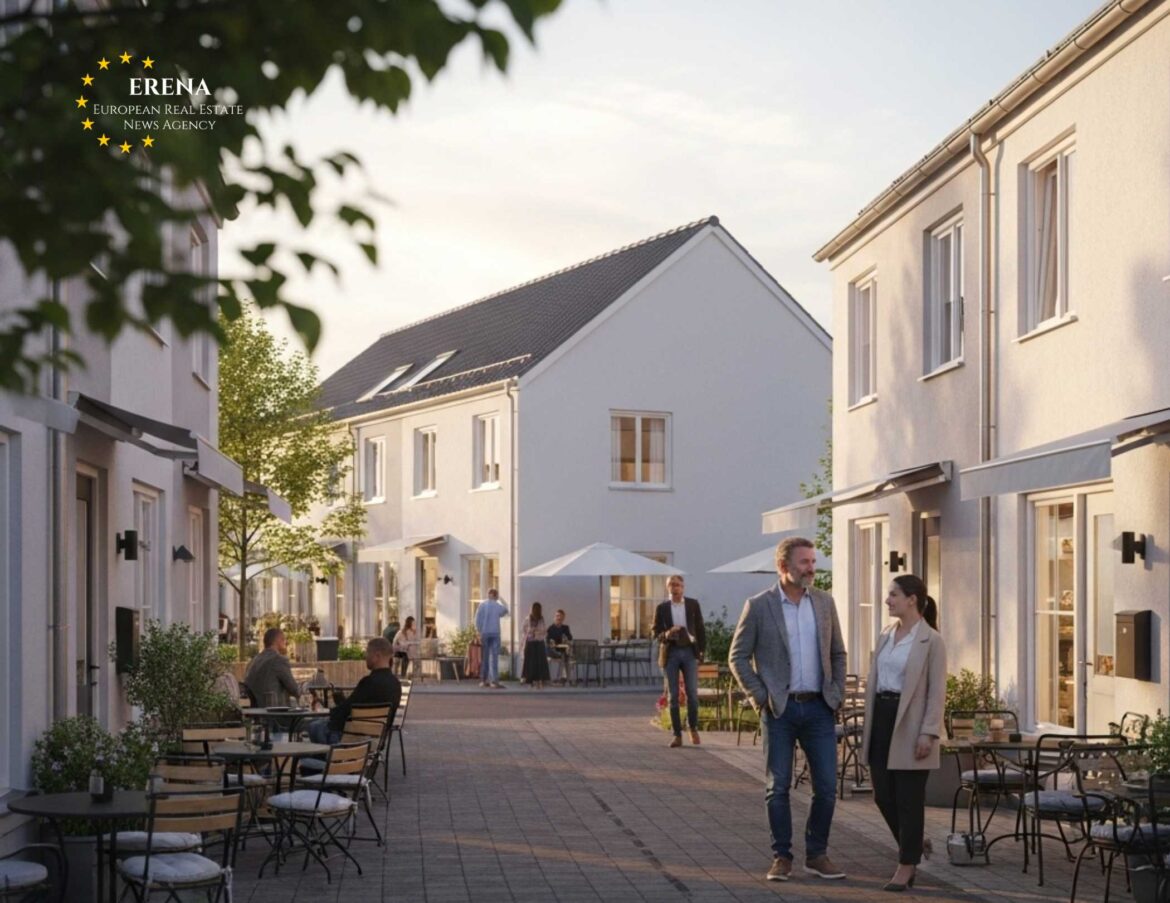Real estate crowdfunding has emerged in recent years as an increasingly popular investment vehicle among both private investors and property developers. Promising low entry barriers and attractive returns, this digital-age tool claims to democratize access to real estate markets. But is it truly a low-risk investment with high potential? In this article, we explore the mechanics, benefits, risks, and future outlook of real estate crowdfunding, with a particular focus on its role in the European investment landscape.
What Is Real Estate Crowdfunding?
Real estate crowdfunding is a form of collective investment where a large number of individual investors pool their funds—usually through online platforms—to finance property projects. These can range from residential or commercial developments to renovations or rental income opportunities. The crowdfunding platform acts as an intermediary between investors and developers or property owners.
There are two main models:
- Equity crowdfunding: Investors receive an ownership stake in the property and earn returns based on rental income or capital appreciation.
- Debt crowdfunding: Investors act as lenders and receive fixed interest payments over a set period.
Why Is It Gaining Popularity?
1. Low Capital Requirements
Investors can enter the market with as little as €100–€500, making real estate accessible to a wider audience, especially young or first-time investors.
2. Portfolio Diversification
Crowdfunding allows investors to diversify across different projects, cities, and even countries. This spreads the risk and helps reduce exposure to any single asset.
3. Transparency and Information Access
Most platforms provide detailed descriptions, financial models, documents, photos, and regular updates. Some even host webinars with developers to keep investors informed.
4. Digitization and Ease of Use
The entire investment process—from selection and documentation to monitoring returns—is handled online. This streamlined experience appeals to the tech-savvy investor.
Potential Returns
Returns vary depending on the model:
- Debt crowdfunding: Offers annual yields of 6–9% on average.
- Equity crowdfunding: Potential returns can reach 12–20% annually but come with higher risk due to market volatility.
For example, platforms like Reinvest24 report average returns of 8–11% for projects in the Baltics, while Exporo in Germany offers fixed-income opportunities averaging 5–8% per year.
Risks to Consider
Despite optimistic marketing, real estate crowdfunding is not a risk-free investment.
1. Developer Default Risk
If the developer fails to complete the project or goes bankrupt, investors may lose part or all of their capital. Some platforms offer guarantees or insurance, but coverage is limited.
2. Market Fluctuations
Changes in property market values can directly affect the profitability of a project, particularly in equity-based models.
3. Limited Liquidity
Investments are typically locked in for 12 to 60 months. Early exits are either not possible or come with penalties and reduced returns.
4. Platform Risk
Not all platforms are equally regulated. If the platform itself faces legal or financial trouble, investor access to information and payouts may be disrupted.
Regulation in the EU
Since 2021, the European Crowdfunding Service Providers Regulation (ECSP) has set standardized rules across the EU. These include transparency requirements, investor protection mechanisms, and oversight by financial authorities. This framework has boosted confidence in the sector, especially in countries like Germany, France, Estonia, and Spain, where crowdfunding has grown rapidly.
Leading Platforms in Europe
- Housers (Spain) – Specializes in residential real estate in Southern Europe with both equity and debt models.
- EstateGuru (Estonia) – Operates in 10+ European countries, focused on short-term secured lending.
- Exporo (Germany) – One of Europe’s largest platforms, known for its detailed reporting and reliable performance.
What to Know Before You Invest
- Research the platform – Check for licensing, past project success, team background, and user reviews.
- Analyze the project – Understand the financials, location, exit strategy, and whether there are collateral guarantees.
- Diversify your capital – Never put too much into one deal. Spread your risk.
- Understand your investment horizon – Be prepared to lock in funds for 1–5 years.
Market Trends and the Future
- Rise of ESG-oriented projects – Green buildings and energy-efficient homes are gaining traction among platforms and investors.
- Institutional interest – Some platforms are beginning to attract larger investors and offer more sophisticated opportunities.
- Blockchain integration – Tokenization and smart contracts are being explored to enhance transparency and liquidity.
Conclusion
Real estate crowdfunding is a modern and accessible investment tool that opens up the property market to a broad base of investors. It combines the convenience of digital platforms with the potential for strong returns and portfolio diversification. However, the notion of “low risk” only holds true when investments are made with caution, analysis, and an understanding of the underlying exposure.
For newcomers, it can serve as an entry point into real estate investing. For experienced investors, it provides flexibility and access to niche opportunities across Europe and beyond. But like all financial instruments, it requires careful consideration, proper platform vetting, and active portfolio management. As the sector matures and regulation strengthens, real estate crowdfunding could become a cornerstone of digital wealth-building strategies.

